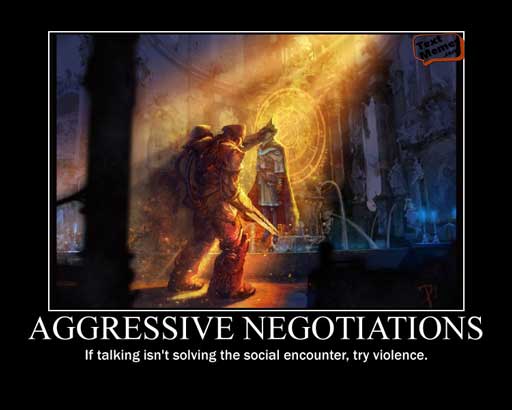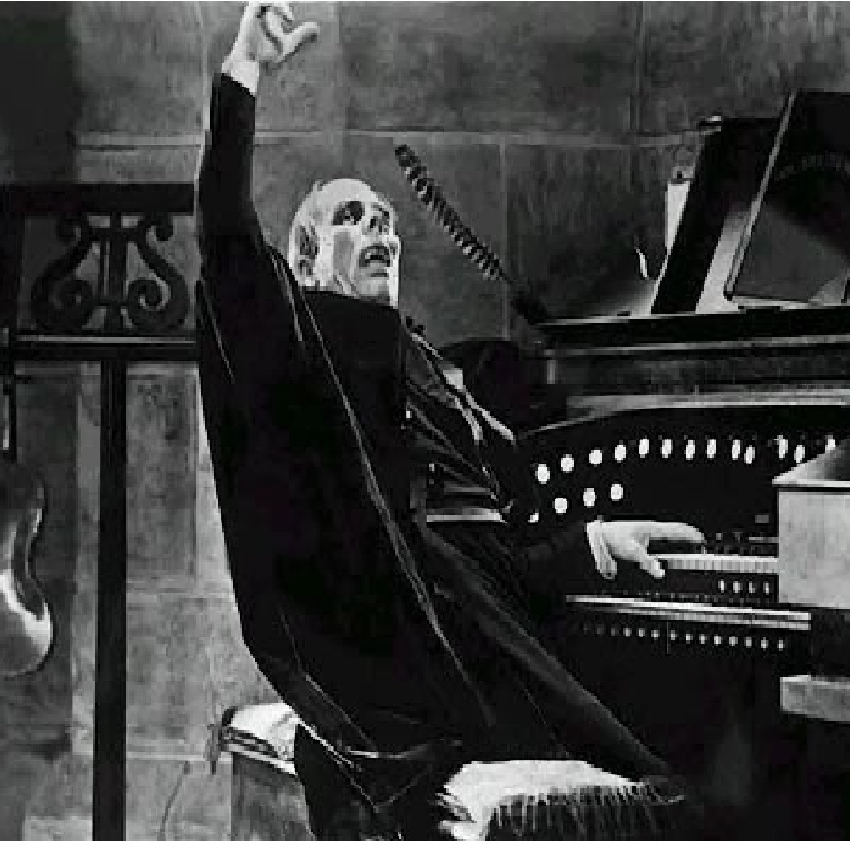Bards catch a lot of flak. Prone to getting the party in trouble, they’re the butt of many a D&D joke. Here are some things you can do to spoil your bards.

Bards are often seen as support characters. Magic weaker than the Wizard, and not enough martial skill to match the Barbarian. But it’s important to remember, they’re not just the cheerleaders, they’re here to be just as much the hero as the rest of the party.
Social plots. Not every bard will want these, but a lot of players are drawn to the bard class because they enjoy the roleplay aspects of a face character. This is where roleplay heavy bards can get their moment of limelight. Maybe it’s not in a dungeon, but maybe at a gala. If your games are more hack and slash, these may be a nice change of pace for everyone, but the bard may appreciate it more than most. They’ve got the charisma and features to take social encounters by storm. Perhaps the bard has to navigate a courtroom drama in a literal fae court. Perhaps it’s unraveling a lovers’ quarrel in a changeling castle. There’s room for a change of pace in the endless dungeon slog, and the possibilities are endless.

Homebrew Bard Songs. Custom Wizard and Sorcerer spells are one of my favorite quest rewards. Old and new players alike are instantly drawn in by the allure of a spell that isn’t even in the books. But above even those are the custom bard songs. More utility for a class that derives its value from versatility. You can create fun effects that are tied to bardic performances of epic songs they may have learned from pages in an ancient music book. Don’t forget the cosmetic effects of allowing specific thematically appropriate thaumaturgy-style effects to accompany the music. An uplifting refrain providing a buff accompanied by a stream of yellow butterflies? Motes of cinder floating around as you provide bonus damage during an effreeti war-dirge? It’s a wide open field for homebrew material. Take advantage of that!

Jokes, poems, or speeches. Even more interesting than music for a bard are the nonmusical performance pieces. After all, any well-rounded performer should have the quick wit for a joke, or the depth of soul for a poem, or the oration necessary to inspire with a speech. Try throwing your bard for a loop with a nonmusical performance piece their character can learn. For DMs that go the extra mile, try actually writing these out. It adds a lot of depth to the complexity of a bard to not just play their lute every time they need to inspire. A warning on jokes, though: sometimes they will fall flat, or get old quickly. Try to keep them varied, and discourage repeat usage. While an embarassing one-liner that can daze an opponent is fun, the party suffering through the 20th usage of it is not.

Inspirational encounters. The world of fame can be cutthroat. But that’s not to say your heroes can’t have heroes of their own. Try introducing a famous or infamous bardic npc that your bard can look up to, or look out for. Even if it’s someone who isn’t above their level, a rival performer is an easy plot hook. Be prepared with your sharpest roleplaying though, as bardic npcs should often be silver-tongued and quick with a comeback. Who’s to say a bard can’t become a lich? Finding a way to live on through more than your musical legacy, with endless time to practice your craft? Besides, what’s more in the bardly egotistical spirit than immortality? Your bard will have some serious goals when they finally meet an undead virtuoso.

A progression into stardom. D&D is often about growth, and seeing your characters go from podunk folk heroes to the saviors of the universe is one of the core themes of longer campaigns. While every character picks up some notoriety, your bards should be real magnets for fame. Every new town or city is a new opportunity for fans, stalkers, haters, and more. Fame is a complex game, and it should complicate a lot of things for your bard to have to navigate would-be protégés trying to convince them to teach. By the time they’re reaching high enough level, your bard should /feel/ like a celebrity. A hat of disguise might be a worthy investment for them. What started off as someone recognizing their face can snowball into saving the paparazi that followed you into the dragon’s lair. While it’s not something to overuse, and other characters can get some limelight as well, it’s one way to make your bard feel important.

Do you spoil your bards? Sound off in the comments about some things you can do for your bard next game.
Look forward to more TtRPG articles and homebrew antics every Thursday!
Don’t forget FLG sells DnD supplements, accessories and more in the webstore!
And remember, Frontline Gaming sells gaming products at a discount, every day in their webcart!




Loved the article! Particularly the advice about giving a bard a unique song. It worked for Jaskier in The Witcher. He created quite the earworm.
Toss a coin to your witcha!